The Union Budget 2021 attempts to offer the necessary “succour” to the automotive
components industry. Ashish Bhatia takes you through the key budgeted allocations and brings out the expert opinions.
The Union Budget 2021 was deemed as the “once in a century budget” even before it was made public. After a pandemic marred 2020, the ask was for bold reforms to address and alleviate pain points, both from the supply-side and demand-side perspective. Finance Minister Nirmala Sitharaman was dealing with expectations that had skyrocketed. On February 01, 2020, when she uttered the first word from her speech on the ‘Made In India’ tablet, the departure from the traditional practice of reading out from the “Bahi-Khata” or cloth ledger was interpreted by pandits as a metaphor for change. The government, in an attempt to tone down the soaring expectations, had on the eve of the budget, cited the sector specific ‘tranches’ as having already addressed most pain-points in the form of ‘mini-budgets’. This Union Budget was deemed as a consolidated account of the mini-budgets. The government , it was evident, walked the rope of maintaining a tight fiscal plan with the RE 2020-21 at 9.5 per cent compared to the budgeted level of 3.5 per cent of GDP (attributed to increased expenditure on various schemes announced by the government in light of the pandemic). The industry, however hoped for additional support to reverse the negative impacts of the pandemic induced de growth as it had repeatedly sounded off the expectations on both the supply-side and the demand-side concerns ahead of the D-day.
Budget outlay for the sector
The Union Budget 2021 came on the back of sector-specific provisions like collateral-free loans for Micro Small and Medium Enterprises (MSMEs), Funds of funds, subordinated debt, disallowing global tenders of up to Rs.200 crore and change in the definition of MSMEs. With a holistic approach to health as an obvious priority, the Finance Minister allocated Rs.2,23,846 crore as against 94,452 the previous year. Posing limitations to allocations for sectors alike she cited the unprecedented contraction in the global economy. She drew attention to only three budgets having followed a contraction in the economy assuring that the current budget would help sustain the desired economic recovery. Under the Production Linked Incentive (PLI) scheme, Rs.1.97 Lakh crore was allocated for creating “global manufacturing champions” across 13 sectors including industries and services. A five-year outlay beginning FY2021-22, the latter (services) commands a majority stake in the sector-wise share in Gross Value Added (GVA) terms.
Rs.2,217 crores for 42 urban centres to tackle air pollution, voluntary vehicle scrappage policy, innovative PPP models to augment public bus transport were among other announcements expected to boost the prospects of the sector. Besides the government also committed to extending social security benefits to gig workers. On the human capital front, it resorted to realigning the national apprenticeship training scheme for graduate and diploma holders of engineering. It will also leverage the partnership with the UAE and Japan on the fronts of skill development and recognition. For R&D, National Research Foundation would be formed with an outlay of Rs.50,000 crore over a five year period. Innovation and R&D found a mention among the cited six pillars of the economy. The eligibility for claiming tax holidays for startups was proposed to be extended by an additional year.
In Indirect taxes, the government has rationalised the customs duty structure by eliminating outdated exemptions. It offered support to MSMEs hit by the recent sharp rise in iron and steel prices besides offering relief to metal recyclers. One must note here, of the total revenue kitty, customs duty contributes three per cent; GST contributes 15 per cent; Corporation Tax contributes 13 per cent; union excise duty contributes eight per cent; income tax contributes 14 per cent. For 2021-22 (BE), revenue receipts stand at Rs.17,88,424 crores, with capital receipts at Rs.1,69,44,812 crores, capita expenditure at Rs.5,54,236 crores and revenue expenditure at Rs.2,92,9000 crores. Notably, the Ministry of Road Transport and Highways (MoRTH) was allocated Rs.118,101 crores.
The apex body
Satisfied with the measures announced in the Union Budget as it focused on health and well-being, infrastructure, inclusive growth, human capital, innovation and R&D, and reforms in governance as an all-rounded attempt, the Auto Component Manufacturers Association as the apex body representing India’s auto component sector thanked the Finance Minister. Averred Deepak Jain, President, ACMA, “The vision of an Aatma Nirbhar Bharat enshrined in the Union Budget, coupled with the ‘Sankalp’ of ‘Nation-First’ will be the bedrock to propel us further as we redefine our economy in a post-pandemic world. The significant outlay for vaccination in the country will add to the confidence of a resurgent India.”
Acknowledging the announcements about an increased spend on road infrastructure, voluntary scrappage policy (20 years for PVs and 15 years for CVs), R&D and Production Linked Incentive (PLI) scheme among others as auguring well for the automotive sector, Jain lauded the allocations on ensuring a long-term positive impact on rural demand for vehicles. Citing the hike in basic customs duty on select auto components as a step in the right direction to encourage local manufacturing, he also lauded the outlay for the MSME sector for being double in comparison to the year-ago. “MSME dominates the auto components industry and this outlay will provide the necessary succour,” he opined.
OEMs
From an auto industry perspective, the long-awaited voluntary scrappage policy can help take older vehicles off the roads thus contributing to lower fuel consumption, pollution as also generating additional demand for cleaner new vehicles, opined Vikram Kirloskar, Vice Chairman, Toyota Kirloskar Motor Pvt. Ltd. “The auto sector welcomes this announcement and is hopeful that for realising full benefits there will be an early and full implementation of this policy. We are eagerly looking forward to the details of the PLI scheme that can potentially make India a part of the global supply chain for both traditional and advanced automotive technologies,” he mentioned.
Gurupratap Boparai, Managing Director at Skoda Auto Volkswagen India Pvt. Ltd. said, “While further details of the prior announced PLI scheme is awaited, the same is expected to help the Indian auto industry to improve production efficiency and become self-reliant – atmanirbhar”. Of the opinion that the passenger vehicle market would not attain the 2018 levels, Boparai explained, “The much-required rationalisation of GST and cess to aid the auto industry was missing. Additionally, the increase in customs duty on certain auto parts to 15 per cent will further increase input costs and prices for cars which depend on specialised components which cannot be manufactured locally due to unviable volumes.”
Nagesh Basavanhalli, Group Chief Executive Officer and Managing Director, Greaves Cotton Ltd. said, “The allocation of a sizeable sum towards the PLI scheme will help the industry create jobs and boost economic growth. The recognition of the manufacturing sector as an integral part of the global supply chain will be a boost to the industry.” He added, “While the auto sector would have liked to see more direct measures in the budget, however, the scrappage policy is certainly a step in the right direction along with the focus on rural and agri credit growth also likely to have a cascading effect on the sector.
Ashwath Ram, Managing Director, Cummins India Ltd. remarked, “The voluntary policy on the scrapping of vehicles will have a positive impact and will drive the commercial vehicle and auto sector forward.” On the MSME outlay, he added, “The industry will definitely receive a push by the decision to double the allocation of MSME and reduce the customs duty on some of the steel products.”Harsha Kadam, Chief Executive Officer, Schaeffler Group India and President – Industrial Business opined, “This budget has the ingredients to deliver long term growth. The voluntary scrappage policy implementation is surely a step in the right direction.” “The PLI scheme investments is going to play an accelerator for the manufacturing sector, which has seen really tough times. It will encourage global manufacturing firms and also provide incentives for local manufacturing firms to expand.”
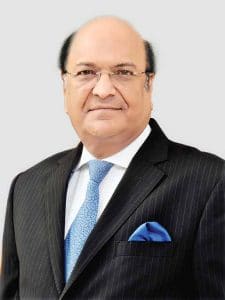
Dr Raghupati Singhania, Vice-President JK Organisation, and Chairman & Managing Director of JK Tyre & Industries Ltd.
Dr Raghupati Singhania, Vice-President JK Organisation, and Chairman & Managing Director of JK Tyre & Industries Ltd. said, “The Hon’ble Finance Minister has presented a ‘pro-growth’ budget in these unprecedented times. Finally, the much-awaited scrappage policy has been announced, which is a welcome step. This will increase the sale of new vehicles and in turn boost tyre demand.”Anurag Garg, Managing Director & Country Head, Vitesco Technologies, India remarked, “The announcement of a voluntary Scrappage policy is a move in the right direction. We look forward to details on this to understand how this can encourage the adoption of electric vehicles, gradual reduction of air pollution in the coming years, and newer Bharat Stage Norms in the future.” “We also look forward to the proper implementation of this policy at a larger stage as soon as possible as it will help us to enhance demand in the market,” he expressed. . averred, “Several of the initiatives announced today, such as the commitment of Rs.1.97 lakh crore for PLI schemes and guidelines on scrappage policies will have long-term gains for the industry.” He opined, “The relaxation in the customs duty on steel products, ferrous, and non-ferrous materials etc. is a welcome move, however, raise in the customs duty for certain auto parts will further inflate the overall cost of the vehicle.” On the attention on renewable energy sources, he said, “While the ‘Hydrogen Energy Mission” and allotment for development of solar power, looks futuristic, electrification of vehicles is the future of the automotive industry.”

Prashanth Doreswamy, Country Head, Continental India and Managing Director, Continental Automotive Components (India) Pvt. Ltd
Ancillaries
Pleased with the announcement of Rs.50,000 crores for the National Research Foundation over the period of five years, mentioned Sanjay Gupta, Vice President and India Country Manager, NXP Semiconductors, “This will surely boost the overall research and innovation ecosystem of the country. In India, we have to focus parallelly on ‘Design-in-India’ in addition to ‘Make-in-India’ to continue to be ahead of the curve.” Farrokh Cooper, Chairman & MD, Cooper Corporation Pvt. Ltd. mentioned, “Budget 2021 is optimistic, driving the country towards Aatma Nirbhar Bharat.
The voluntary policy on the scrapping of vehicles would have a positive effect and will move the commercial and automobile industries ahead.” “The industry would definitely be encouraged by the decision to double the allocation of MSME and to reduce the customs duty on steel,” he added. Vikas Bajaj, President, Association of Indian Forging Industry stated, “This year’s Union budget is positive, as well as a progressive one with a strong drive towards the country’s socio-economic growth. The positive step of reduction in customs duty uniformly to 7.5 per cent on semis, flat, and long products of non-alloy, alloy, and stainless steels would certainly contribute to better raw material prices and reduced input costs.” “Also, no new corporate tax has been added which is positive news as it is a tough time for the industry,” he concluded. ACI


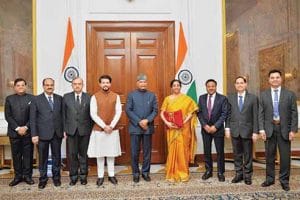


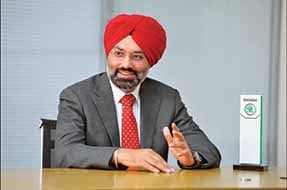
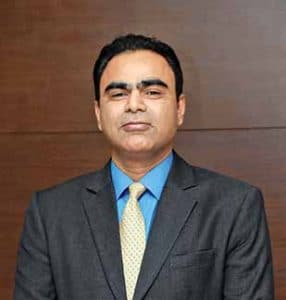

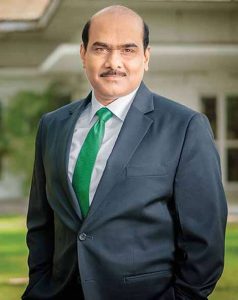


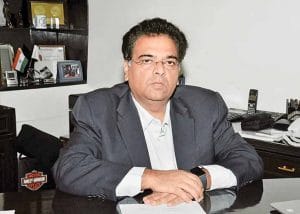

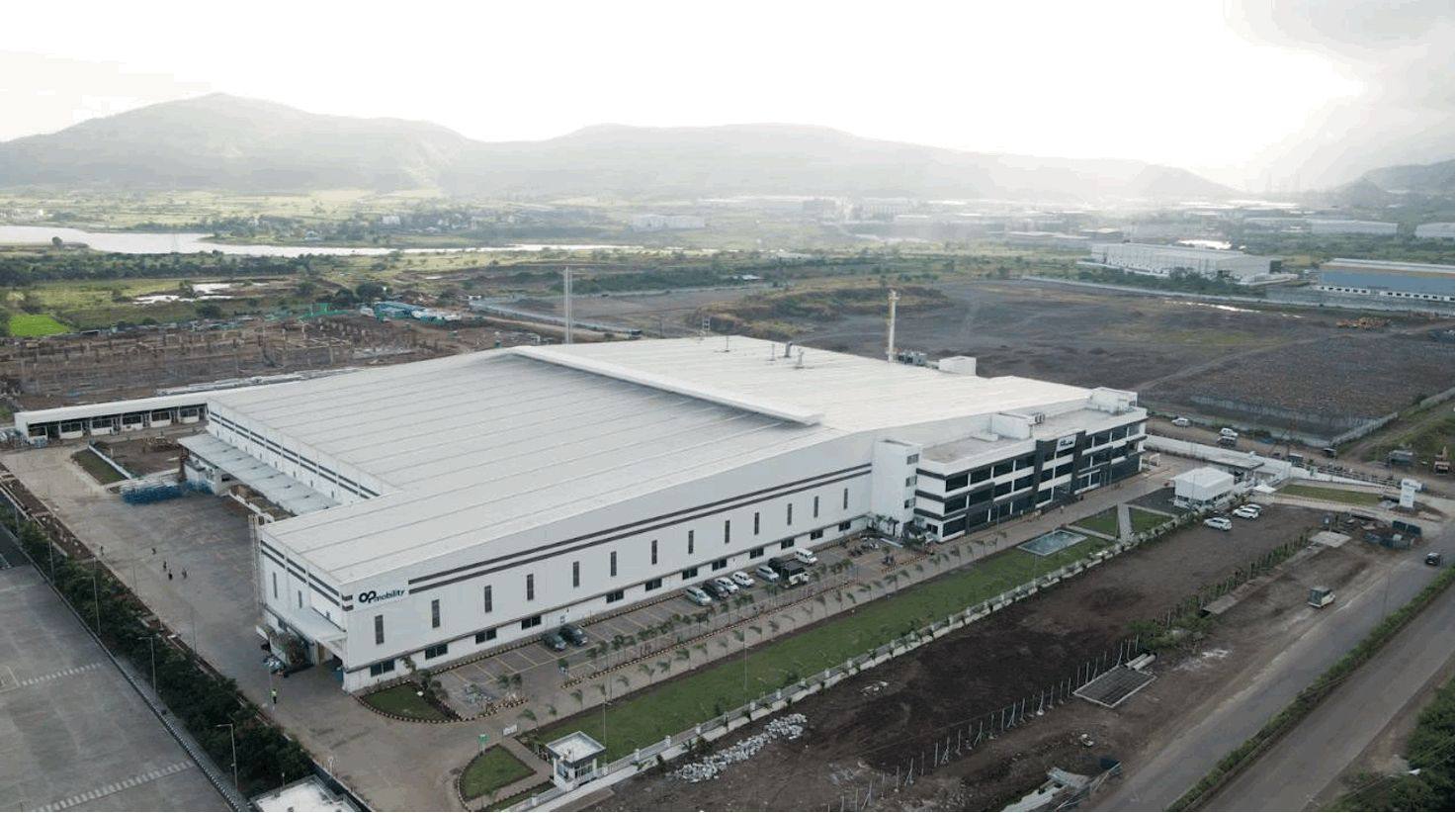

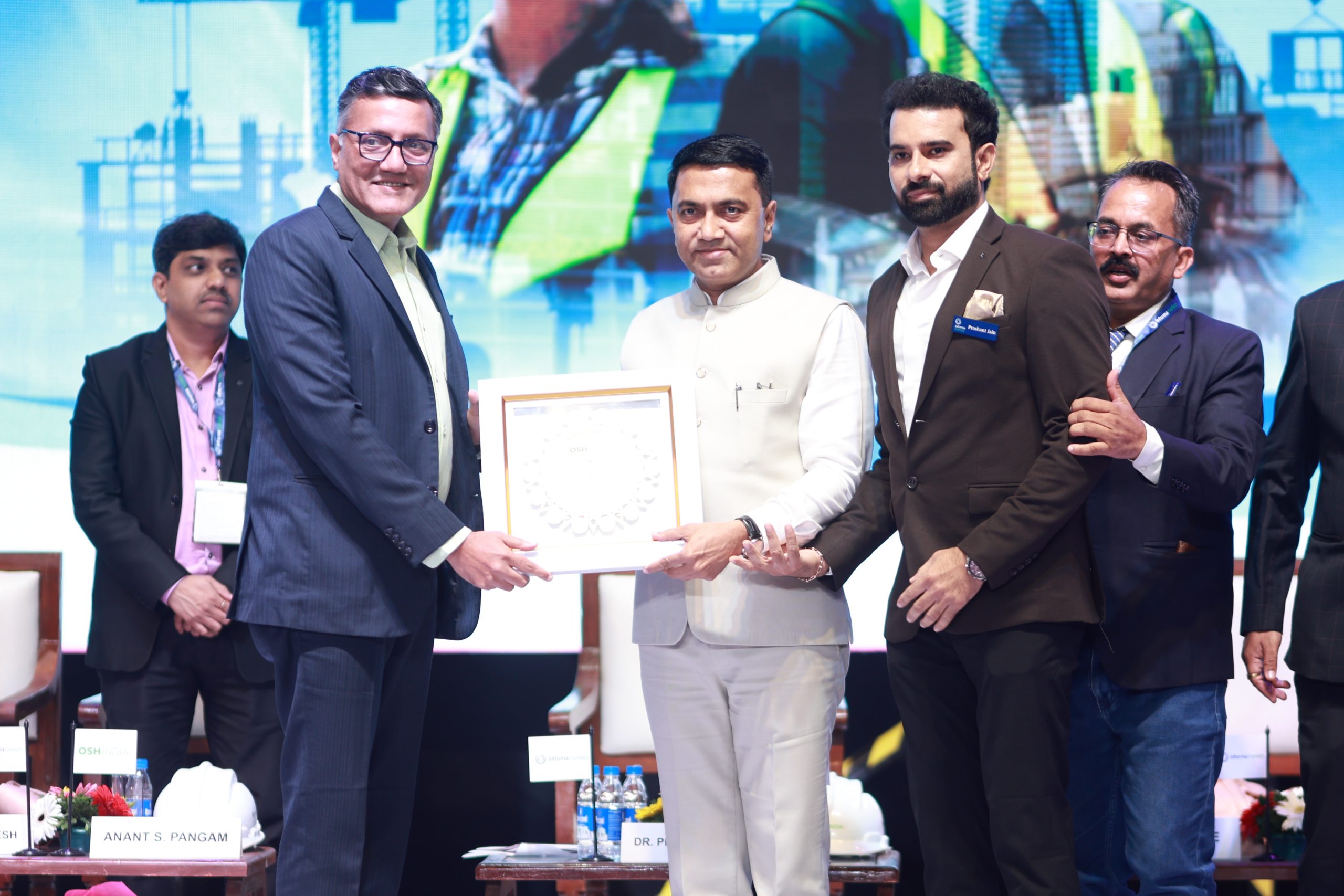

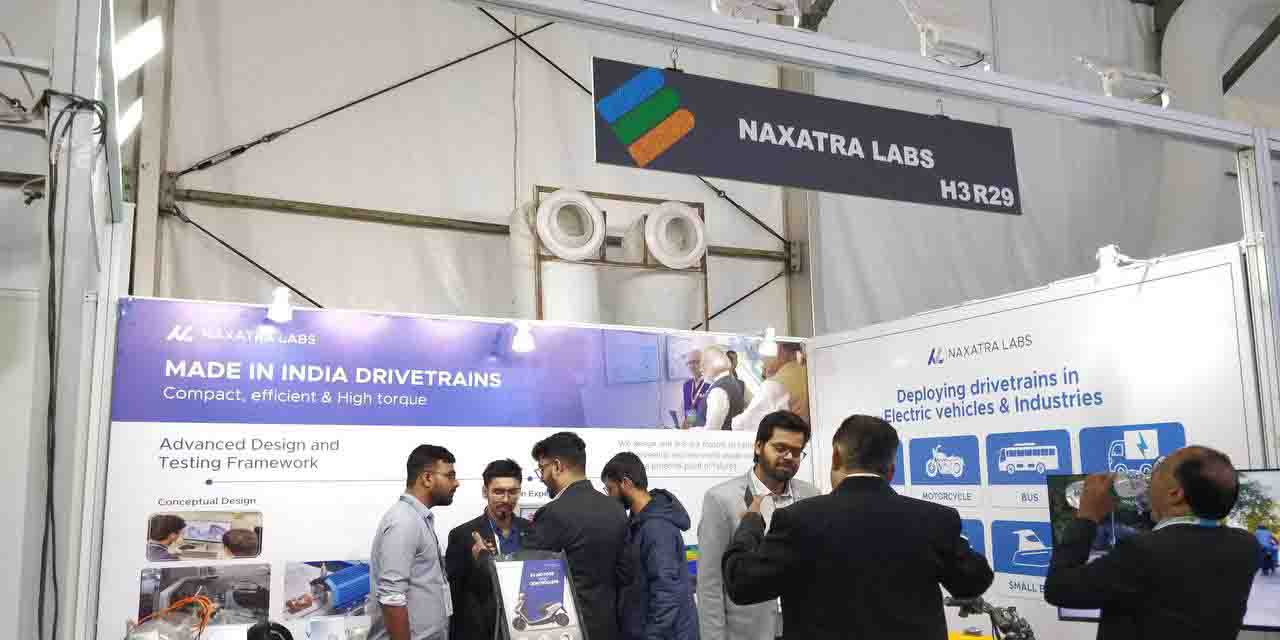
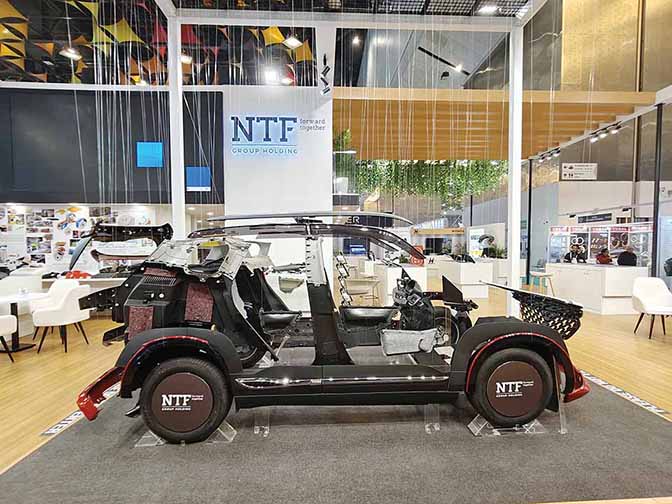




Leave a Reply